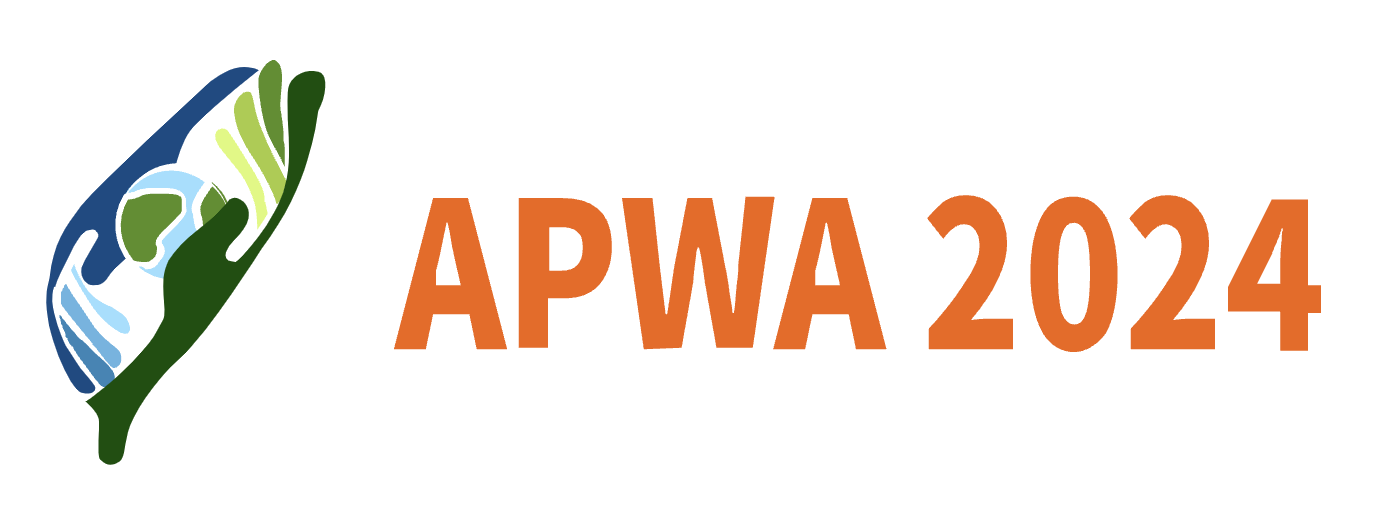Progress Towards an AI Model for Ultrasonography-Based Severity Assessment of Carpal Tunnel Syndrome
This study explores the potential of using comprehensive ultrasonography (US) video data to develop an artificial intelligence (AI) model for accurately diagnosing carpal tunnel syndrome (CTS) severity, aiming to replace nerve conduction studies. Despite progress in US and AI, reliable severity classification remains elusive.
We studied 75 participants, including 52 with CTS, categorizing them by disease severity. A total of 132 US videos were recorded, capturing the carpal tunnel during finger movement. Features of the median nerve (MN) were extracted from segmented US video frames to create three datasets: a Comprehensive Video dataset, a Key Metrics dataset, and an Initial Frame dataset.
We evaluated machine learning algorithms across these datasets using 63-fold cross-validation. The cross-sectional area of the MN correlated with CTS severity (p < 0.05), while MN displacement did not. The algorithm using the Comprehensive Video dataset achieved the highest sensitivity (1.00) and accuracy (0.75).
In conclusion, comprehensive US video data significantly improves the accuracy of CTS severity diagnosis, underscoring the value of capturing detailed MN deformation and movement patterns. Further AI model development based on these findings could offer a simpler, more effective method for assessing CTS severity.
